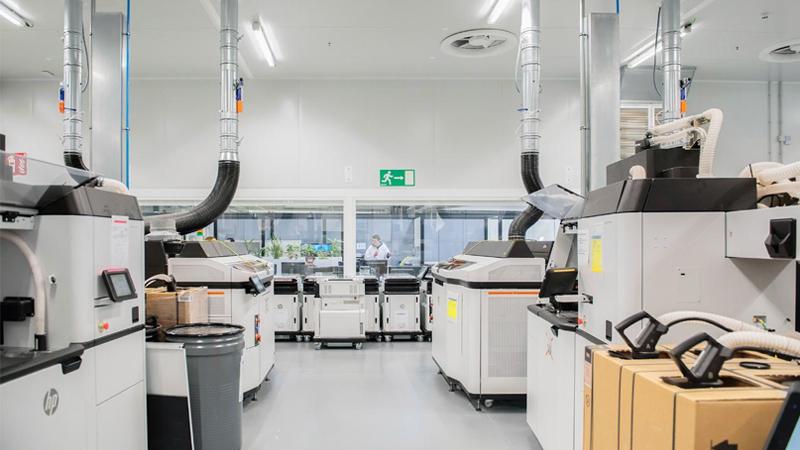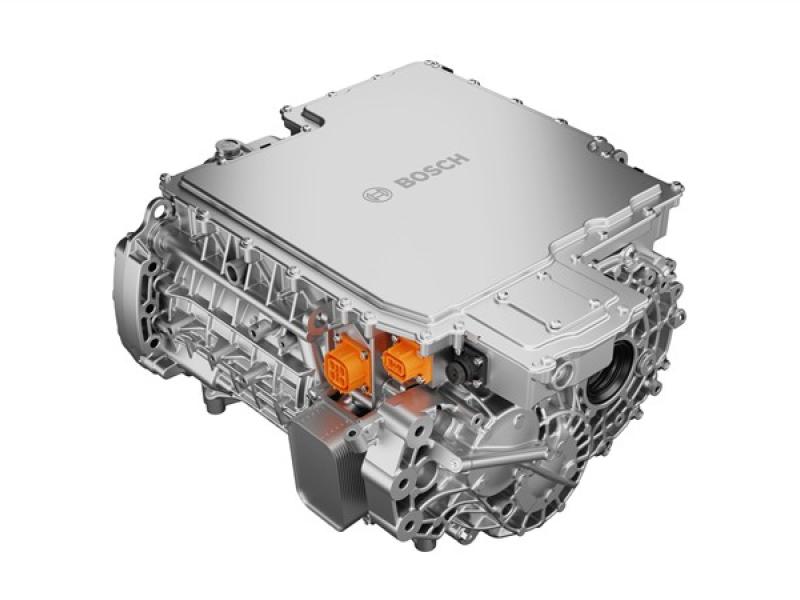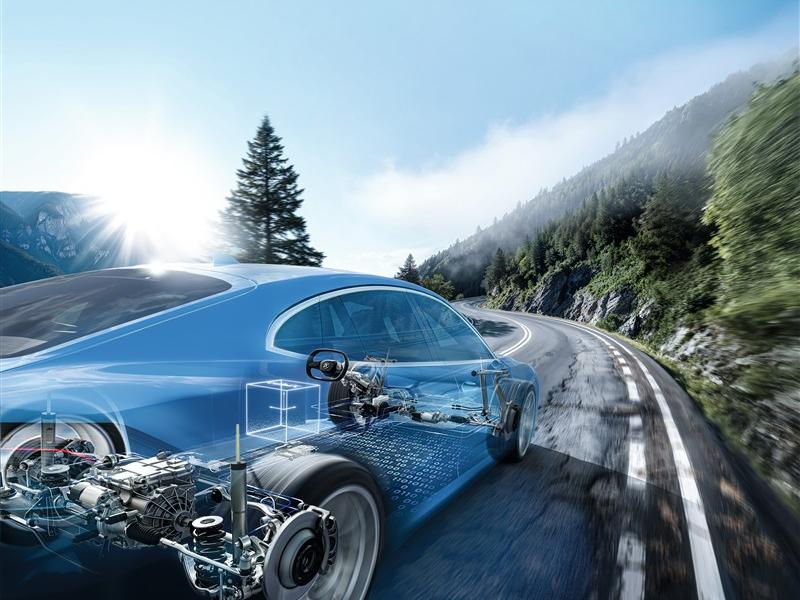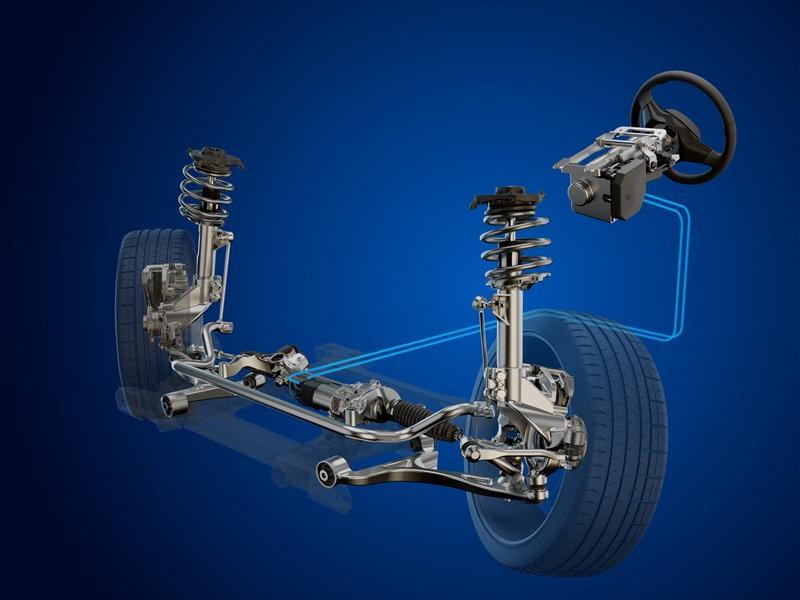Ford has teamed up with HP to innovatively reuse spent 3D printed powders and parts, closing the loop and turning them into injection moulded vehicle parts – an industry first.
Sustainability is a priority for both iconic companies, which through joint exploration led to this unlikely solution. The resulting injection moulded parts are better for the environment with no compromise in the durability and quality standards.
The recycled materials are being used to manufacture injection-moulded fuel-line clips installed first on Super Duty F-250 trucks. The parts have better chemical and moisture resistance than conventional versions, are seven percent lighter and cost 10 percent less. The Ford research team has identified 10 other fuel-line clips on existing vehicles that could benefit from this innovative use of material and are migrating it to future models.
“Finding new ways to work with sustainable materials, reducing waste and leading the development of the circular economy are passions at Ford,” said Debbie Mielewski, Ford technical fellow, Sustainability.
“Many companies are finding great uses for 3D printing technologies, but, together with HP, we’re the first to find a high-value application for waste powder that likely would have gone to landfill, transforming it into functional and durable auto parts.”
HP 3D printers are already designed for high efficiency, with systems and structures to minimize the excess material they generate and reuse a greater percentage of the materials put into them. Working with Ford, which uses HP’s 3D printing technology at the company’s Advanced Manufacturing Centre, the team created this solution that produces zero waste.
“You get more sustainable manufacturing processes with 3D, but we are always striving to do more, driving our industry forward to find new ways to reduce, reuse and recycle powders and parts,” said Ellen Jackowski, chief sustainability and social impact officer, HP. “Our collaboration with Ford extends the environmental benefits of 3D printing even further, showcasing how we are bringing entirely different industries together to make better use of spent manufacturing materials, enabling a new circular economy.”
For its part, Ford is developing new applications and utilising a multitude of different processes and materials for 3D printing, including filaments, sand, powders and liquid vat polymerisation. The company already employs 3D printing for a variety of low-volume commercial vehicle parts, as well as fixtures used by assembly line workers, saving time and enhancing quality.
Companywide, Ford has a goal to achieve 100 percent sustainable materials in its vehicles.
“A key to achieving our sustainability goals and solving the broader problems of society is working with other like-minded companies – we can’t do it alone,” Mielewski said. “With HP, we defined the waste problem, solved technical challenges and found a solution in less than one year, which is something in which we all take pride.”
Three other companies helped Ford and HP make the project outcome possible.
SmileDirectClub, the next-generation oral care company with the first medtech platform for straightening teeth, operates the largest facility of HP 3D printing systems in the U.S. The company’s fleet of more than 60 HP 3D printers produces more than 40,000 aligners a day. The resulting used 3D printed parts are collected and recycled with HP to increase volume for Ford.
Resin producer Lavergne, a long time recycling partner of HP, transforms those moulds and discarded powder from Ford’s HP 3D printers into high-quality recycled plastic pellets, suitable for injection moulding. The pellets are then moulded into fuel-line clips by Ford supplier ARaymond, who designs, engineers and manufactures assembly systems.






